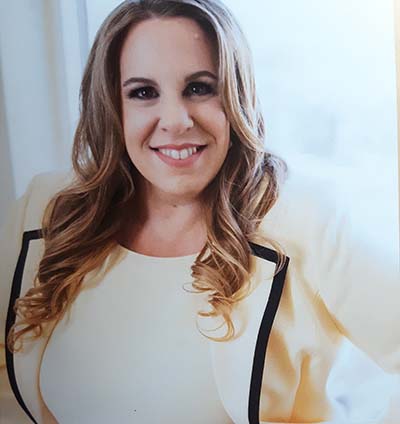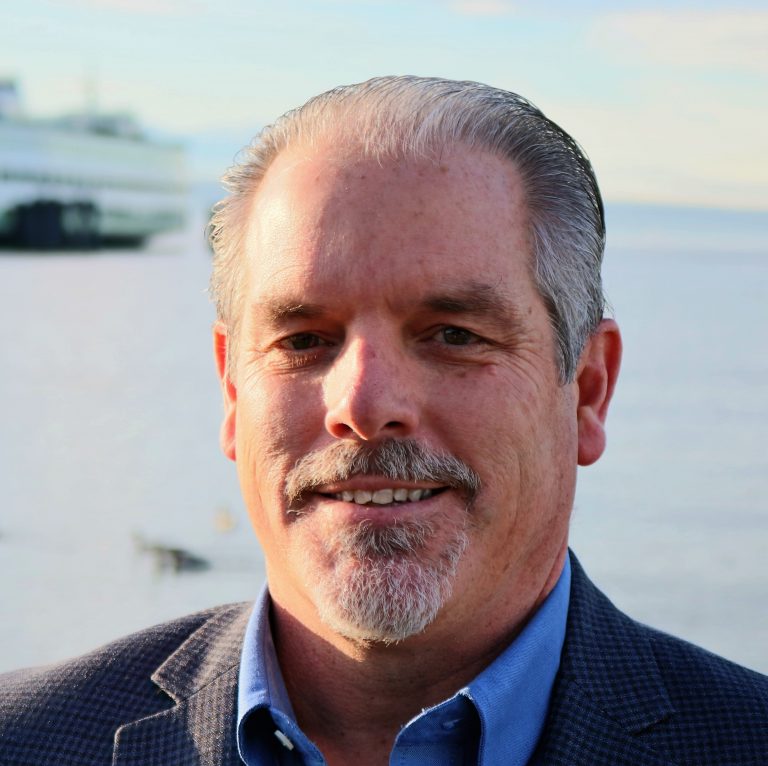Why We Need Friends, Now More Than Ever
Photo by Unsplash in collaboration with Getty Images
SPECIAL BULLETIN TO SUBSCRIBERS
The EndGame is celebrating its third anniversary!
Three years! That’s like 24 in cyber years! We’ve lasted longer than 47 TikTok trends, most celebrity marriages, and too many major appliances.
Join the birthday celebration by upgrading to a paid subscription. As a paid subscriber, you:
Support positive Aging and the proof that we have years to enjoy and miles to go before we Sleep.
Support high-quality journalism on topics that impact your life today.
Support the only publication guaranteed to be accurate and age-appropriate while meeting or exceeding your minimum weekly requirement for snark.
In addition to the weekly email newsletter, paid subscribers receive NewScan, a biweekly briefing of news relevant to older adults like us.
Still a bargain at only $50/year ($5/month)
We also accept Founding Memberships of $100/year. Founding Members receive all the benefits of paid subscribers, plus our eternal gratitude and undying love.
And now, on to our feature presentation…
Who will take care of me when I’m too old to care for myself?
It’s a troubling thought, and one we may not even admit to entertaining. It may be a less frightening prospect for those who have close family living nearby. But for the 20% of older adults who do not – researchers assign them such catchy labels as “solo agers” or “elder orphans” – the future may look absolutely terrifying.
The author of a new book addresses this concern by daring us to consider another alternative to family members: our nearest and dearest friends.
Rhaina Cohen is the author of The Other Significant Others: Reimaging Life with Friendship at the Center. She observes that some older adults have pieced together support networks for themselves by relying on friends. By doing so, older adults who need care don’t feel like they’re a burden, but rather just one in a support network of equals.
The larger argument of Cohen’s book is that friendship has been pushed to the background and kept there by our current culture’s emphasis on romantic Relationships. With that emphasis, we also have created expectations that romantic partnerships will fulfill all our needs for companionship, emotional support, and much more. It was not always so. For centuries, marriage was a transaction for financial or political gain, and love had nothing to do with it. In those times, friendships were not only acceptable but publicly praised.
By friendship, Cohen is not talking about good neighbors or carpool buddies, she means deep, longstanding ties, the kind that bind two people together as partners, confidantes, and emotional intimates. She doesn’t give a name to this relationship; the closest I can come is deep or intense friendship – something like best friends with an extra shot of emotional intensity and a heaping helping of shared experience. These friendships can exist even when one or both friends is in a romantic relationship with someone else. Because our culture is more attuned to sex than friendship, outsiders might mistake deep friendships for sexual intimacy, which is rarely the case. Cohen suggests we have lost the ability to see these relationships for what they are, nor can we acknowledge how important they are to our emotional balance.
Count yourself fortunate if today you enjoy a deep friendship of many years’ standing. It is more likely that you enjoyed such a friendship in the past but lost the connection to time, distance, or deference to a romantic relationship, yours or theirs. Inevitably, at this stage in our lives, we also lose dear friends to death.
What Friends Are For
Yet as we age, we need friends more than ever before. According to studies by social psychologist William Chopik, friendships predict day-to-day happiness and how long we will live more accurately than spousal or family relationships.
Having friends is also good for our health. One study found that even casual, momentary interactions with friends actually reduce fatigue and Stress. It is also well established that a strong social network can delay, if not prevent, mental and physical decline. Studies over many years find that frequent social activity reduces cognitive decline by 70% on average. The National Institute on Aging (NIH) reports that socially active adults have lower levels of an inflammatory factor associated with cardiovascular disease, Alzheimer’s, osteoporosis, rheumatoid arthritis, and several forms of Cancer. The NIH has also found that strong relationships boost self esteem and increase the sense of fulfillment, which in turn encourage other positive health behaviors.
While it’s never easy to replace deep friendships that have been lost, “It’s never too late to develop meaningful relationships,” says Robert Waldinger, a clinical professor of psychiatry at Harvard Medical School and director of the Harvard Study of Adult Development. In addition to emotional closeness, relationships can provide social support, valuable information, practical help, and ongoing engagement with the world.
“As a psychotherapist, and from my own experience, I have come to know that it is never too late to make new friends,” says Katherine Esty, a prominent activist for aging well and the author of Eightysomethings. “And if you keep on making friends, I can guarantee that you will be happier.”
Tips for Making New Friends
Esty offers several tips for making new friends as you age:
Reach out and keep reaching out. Don’t let fear of rejection stop you.
Don’t keep score. My turn-your turn thinking doesn’t build friendship. The person with the energy takes the action.
Spend time with one person at a time.
Ask questions.
Be willing to share and be vulnerable. Learn the skill of self-disclosure.
Tell people you like them and what you like about them.
Be open to new friends. Attitude matters most.
Where might you look for potential new friends? AARP offers 10 ideas:
Attend religious ceremonies.
Connect with groups that share your interests.
Take continuing Education or lifelong learning classes.
Invite people to coffee or lunch.
Go on a date (with help from online sites).
Join support groups.
Join a fitness group.
Strike up a conversation with a stranger.
Volunteer or work a part-time job.
We need friends now, just as much if not more than we needed friends in our younger days. There’s an epidemic out there – an epidemic of loneliness. Be sure to inoculate yourself with a few strong friendships to help you through.


























